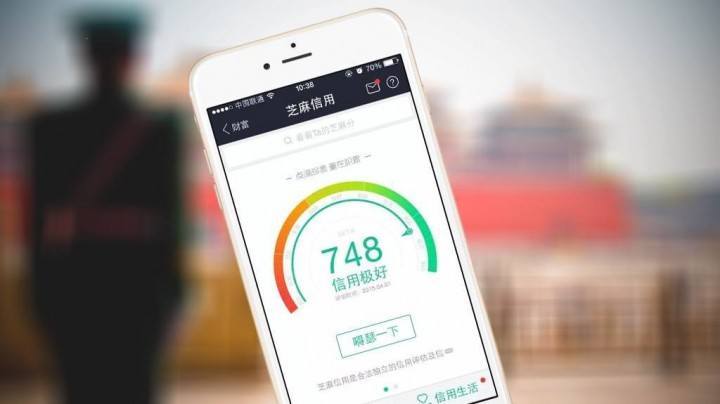BRADLEY CAVANAGH WRITES – Think of it as a credit score for your standing with the Communist Party. And if it works as intended, it will preserve in China all that is good and right and true.
By 2020, the Chinese government hopes to make use of big data to implement a rating system to assign each citizen a score. The goals of this project include, “carrying forward sincerity and traditional virtues,” “encouraging trust,” “raising the overall competitiveness of the country,” to “stimulating the progress of civilization.” But privacy advocates see Big Brother at his worst.
This new metric rates citizens with a value between 350 and 950. Like traditional credit scores the number is derived from a person’s assets, income, and credit history. But also thrown into the mix is their spending habits, education, criminal record and social media postings.
In this planned index, purchases are ranked according to a sort of utility. “Wasteful” expenses on, say, video games drags the index down, while things like diapers and baby food, as well as household appliances, bring one’s score up.
Though decried as invasive by western observes, this may have a purpose in helping creditors allocate loans more efficiently. After all, research has shown that people who purchase flashy tire rims are far less likely to repay debt than those who buy bird feed and dog food. But, it’s the following inclusion which is as ingenious as it is unsettling for some.
They will scan people’s social media accounts for posts containing un-permitted opinions and dock them for it. Though facing repercussions for dissenting posts is nothing new, the “citizen score.” The mere act of being “friends” with a dissenter on social media drops one’s score.
But so is the new totalitarianism. It has evolved to use both the carrot and the stick to encourage one’s cooperation. “Good” citizens are rewarded with looser credit and expedited travel visas. “Bad” citizens are barred from employment in high level positions and can be sanctioned with slower internet connectivity.
Either way, they have quite the task ahead of them, which economists and philosophers alike have failed to complete for centuries. To quantify an object’s inherent worth is to walk through a minefield. Countless variables must be accounted for, both external and internal to the consumer. But, in big data, the Chinese now have what Aristotle could only have dreamed about. While relatively simple in concept, this project is daunting and faces many pitfalls in full implementation.

